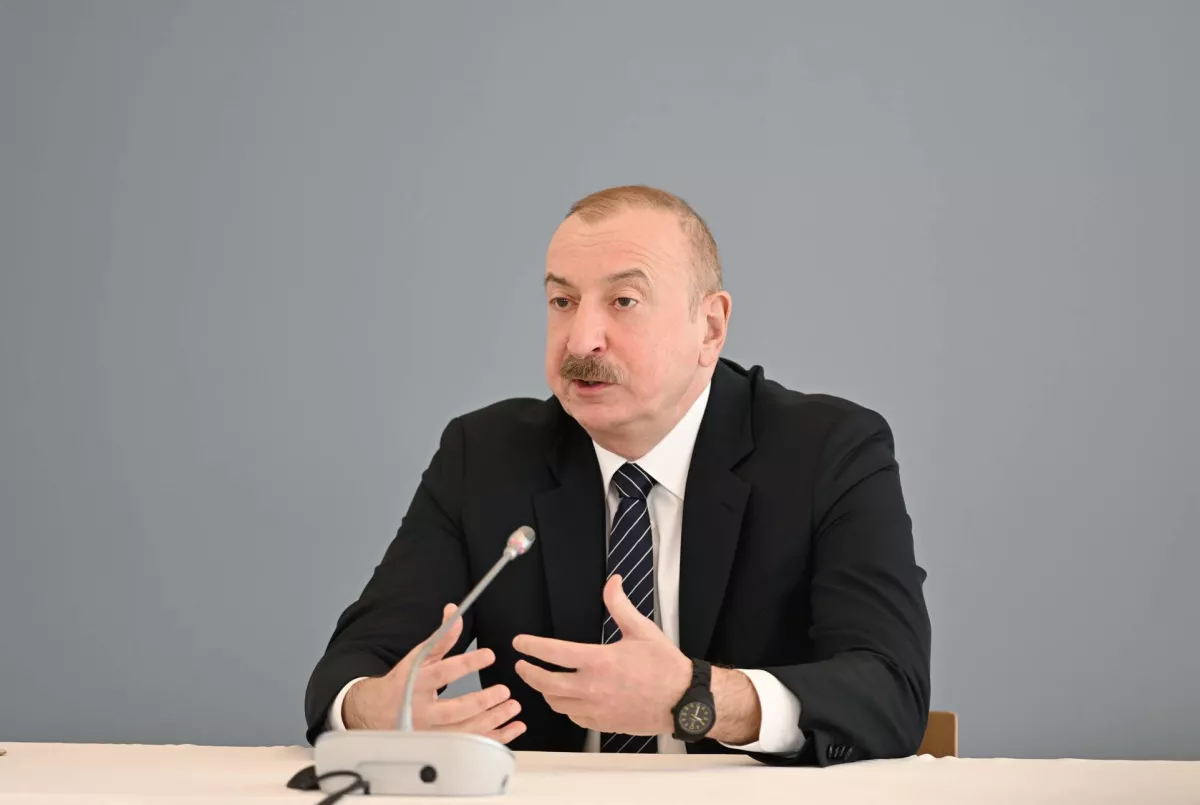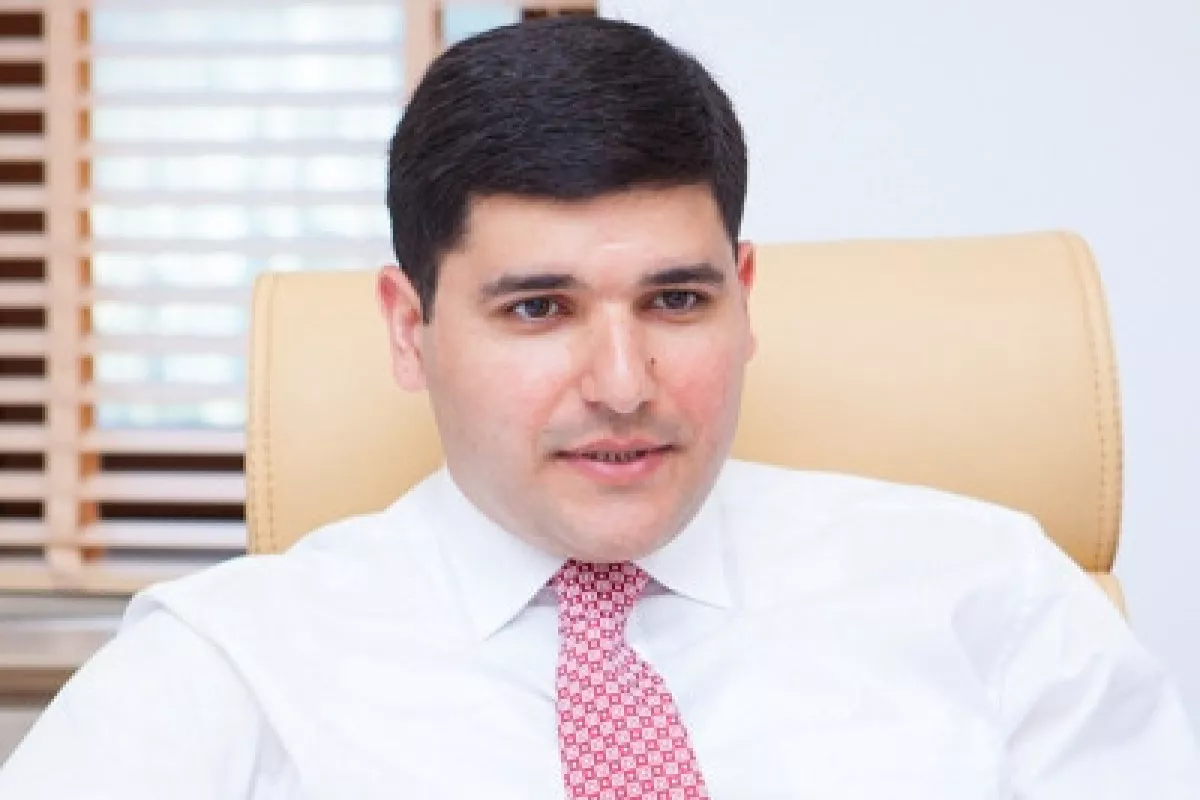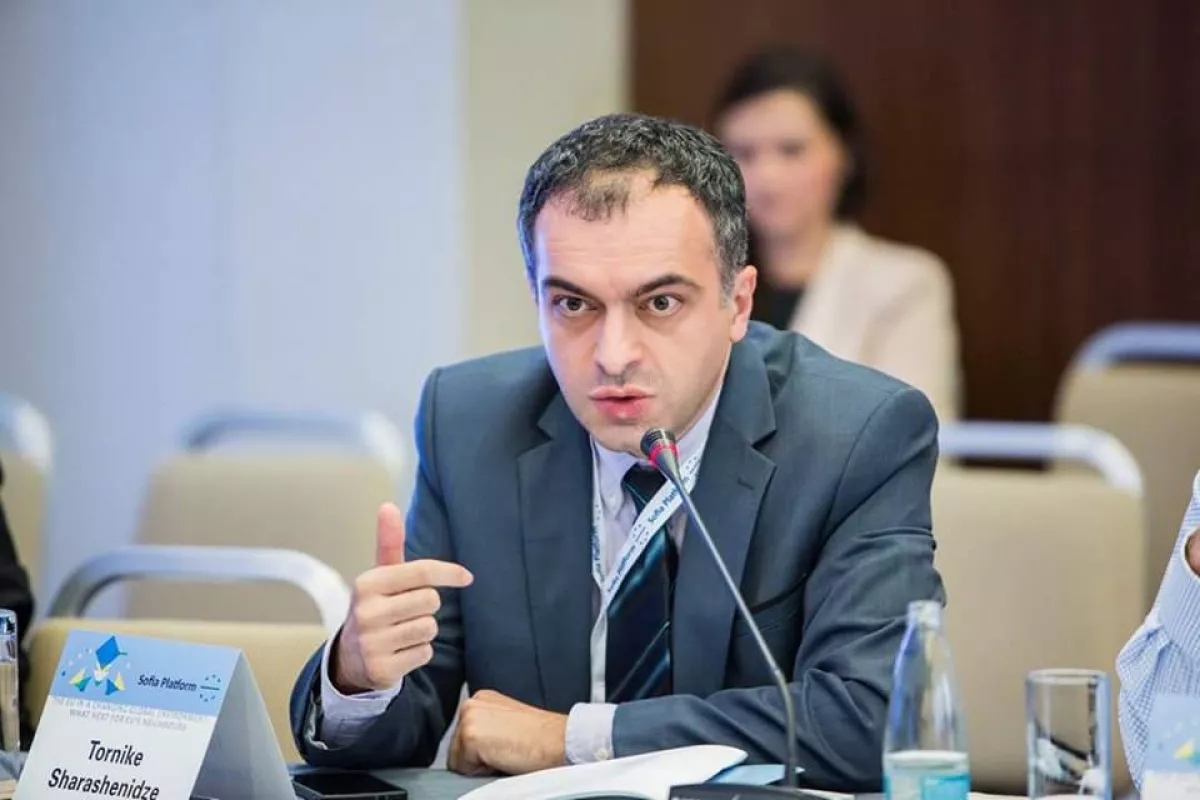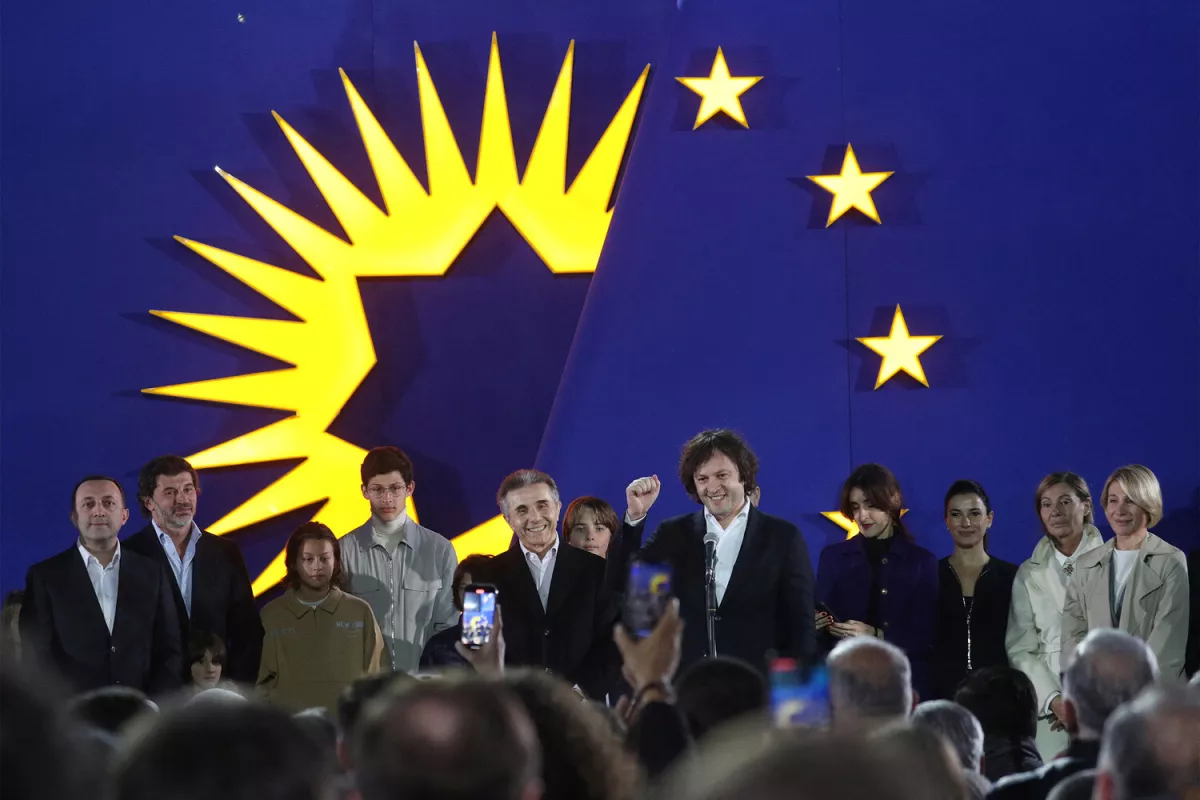South Caucasus transport geopolitics: Azerbaijan's role and EU misconceptions Experts weigh in
On April 9, 2025, the ADA University hosted an international forum titled "Facing the New World Order." During a Q&A session at the event, President of Azerbaijan Ilham Aliyev expressed his bewilderment regarding recent statements made by the President of the European Commission, Ursula von der Leyen.
At the EU-Central Asia summit in Uzbekistan, von der Leyen remarked: "The opening of the borders of Armenia with Türkiye and Azerbaijan is going to be a game changer. And it will bring Europe and Central Asia closer together like never before." She emphasized that for the successful functioning of the Trans-Caspian transport corridor, infrastructure projects alone are insufficient. According to her, it is also necessary to simplify border-crossing procedures in the countries of Central Asia and the South Caucasus.
In his comments, Ilham Aliyev noted:

"When she was talking about opening the borders between Azerbaijan and Armenia, and Armenia and Türkiye, in order to facilitate the Middle Corridor, as they call it in Europe, the Global Gateway. That was very strange, because this corridor exists, and Armenia plays no role in that. We can understand the feelings of European bureaucrats towards Armenia, but you cannot ignore the map. And we, in Georgia and in Azerbaijan, have provided all those facilities, which today help Europeans communicate with Central Asia."
The President also added that he finds it puzzling why the European Commission, when discussing transport corridors, does not mention Georgia. He urged European politicians to "take off their glasses," look at the world realistically, and value countries like Azerbaijan and Georgia, rather than dividing the South Caucasus into "favorites" and "those they don't like."
Aliyev emphasized that Azerbaijan would not allow the region to become a theater for foreign geopolitical games, and that the policy of double standards undermines trust and the foundations of partnership.
A Caliber.Az correspondent reached out for comments on this matter from Azerbaijani and Georgian political analysts.

The head of the South Caucasus Research Center, Azerbaijani political analyst Farhad Mammadov, reminded that the European Union has had a strategy for the South Caucasus region since last year, formalized in relevant documents.
"This is the very danger of forming new geopolitical lines, which the president spoke about. One of these lines is Armenia–Georgia, which intersects with key projects through which the EU wants to increase its influence," Mammadov noted.
According to him, today, when EU–US relations are facing difficulties, Brussels is trying to act more independently, but still relies on old strategies, which leads to an unrealistic perception of the regional situation.
Farhad Mamedov also emphasized that Azerbaijan and Georgia do not need to change their course: they should continue working on creating conditions for freight transport and implementing infrastructure projects—regardless of whether Brussels likes it or not.
"We clearly see the difference between the interests of individual European countries and the position of the European bureaucracy as a whole. Azerbaijan skillfully leverages these contradictions, building bilateral relations with specific EU countries and implementing important projects—whether in energy or transport routes. Today, it is impossible to ignore Baku. Europeans will have to take Azerbaijan's interests into account," the political analyst concluded.

Georgian analyst and head of the School of International Relations at the Georgian Institute of Public Affairs, Tornike Sharashenidze, also criticized the European Union's approach, emphasizing that attempts to bypass Georgia in discussions about transport corridors are absurd.
"Huge amounts of money have been invested in building railways and infrastructure. Bypassing Georgia is as ridiculous as bypassing Azerbaijan," he stated.
According to the expert, the EU is currently acting out of irritation and disappointment. Brussels still hopes to change the government in Georgia through external pressure and sanctions, but without the involvement of the United States, this strategy is doomed to fail.
He also pointed out the lack of unity within the EU regarding Georgia. Hungary, Slovakia, Italy, Spain, and Portugal do not support a hardline approach towards Tbilisi. The main advocates for pressuring Georgia remain the Baltic states, Sweden, Germany, and France, but their efforts are insufficient.
The analyst recalled that tensions arose after the EU's statement on November 8, declaring that Georgia would not apply for membership in the near future. This sparked large-scale protests within the country.

"It seems that Europe then decided that the Georgian government would soon change. But that didn’t happen. I think by the end of the year, the situation will become clearer after the municipal elections. At the moment, it is obvious that the Georgian Dream party will remain in power," said our interlocutor.
Speaking about Armenia, Sharashenidze noted that there are enough reasonable people in the country who understand that Armenia cannot replace either Azerbaijan or Georgia in matters of regional transit.
Thus, the real infrastructure of the Middle Corridor continues to be built around Baku and Tbilisi, and any attempts to change this situation with artificial measures are doomed to failure.








